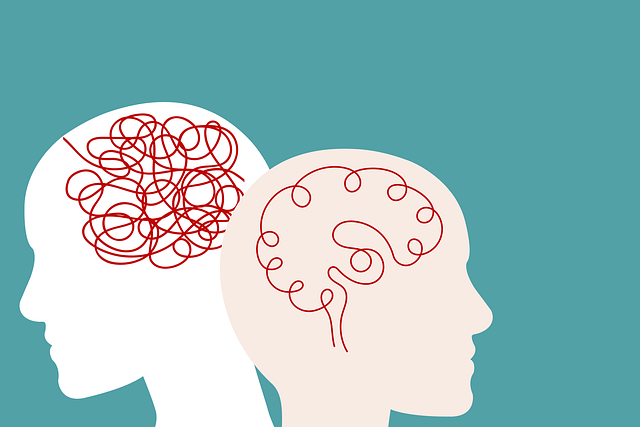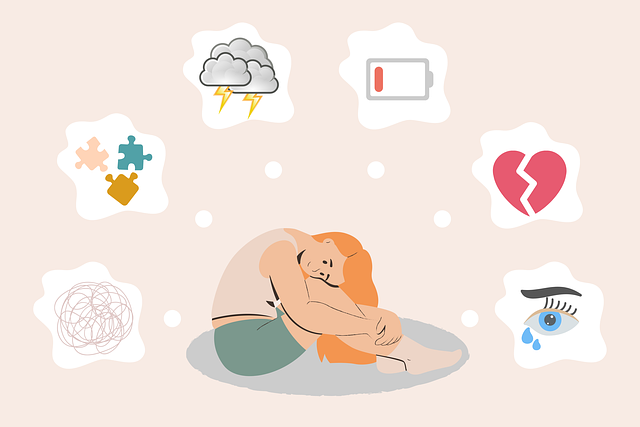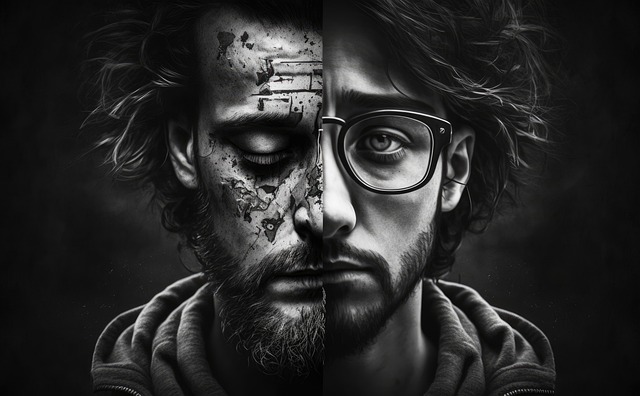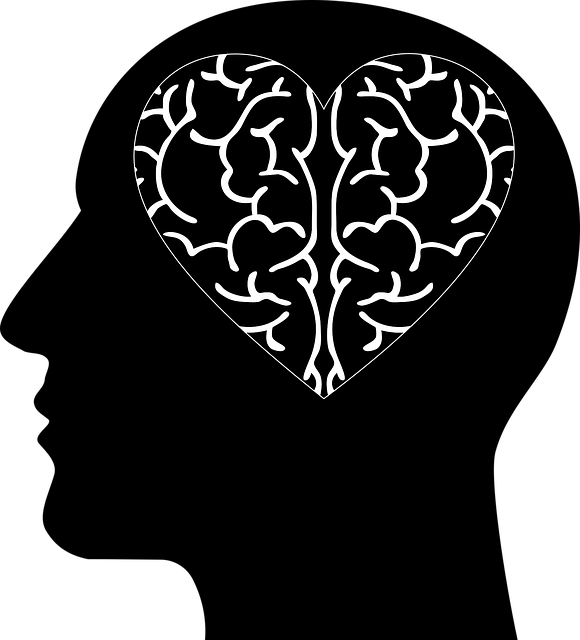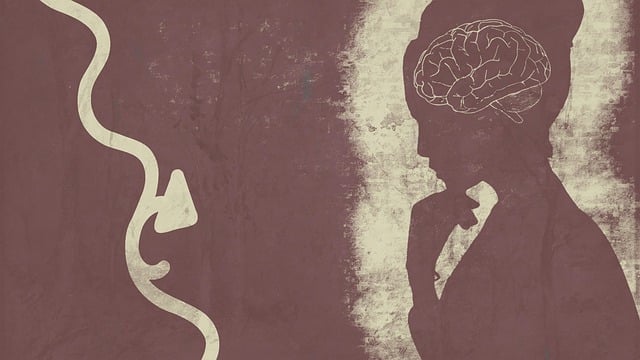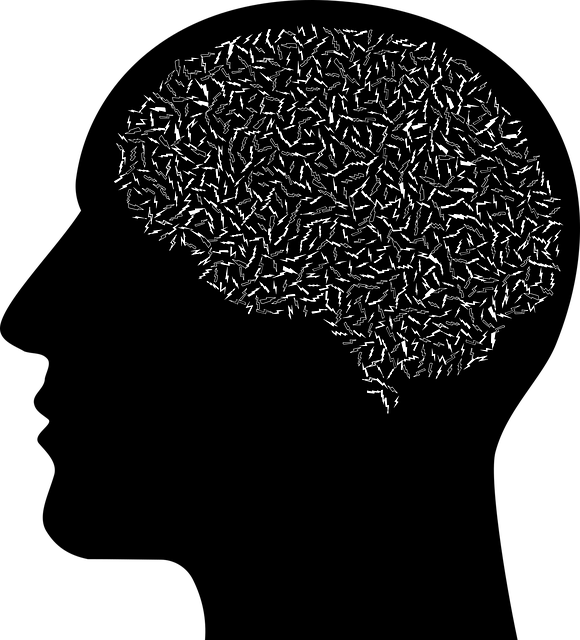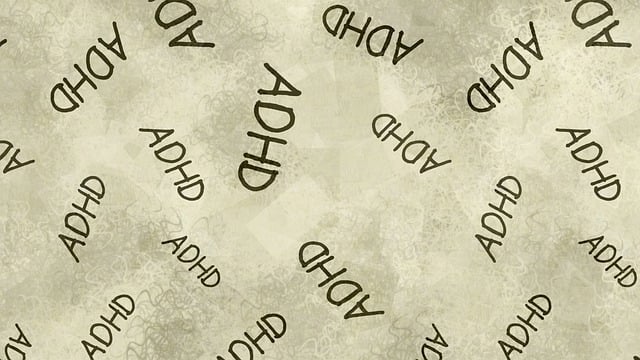Media portrayal of mental health significantly impacts societal understanding, either through harmful stereotypes or positive, accurate depictions. Negative representations lead to fear and stigma, hindering individuals from seeking help, while positive media can promote awareness, early intervention, and confidence in managing mental wellness. To combat stereotypes, community outreach and education programs are essential. Castle Rock Bariatric Evaluations Therapy offers a strategic approach by challenging stereotypes through storytelling and expert consultation, fostering support for those facing mental health challenges. Accurate, empathetic media representation reduces stigma, normalizes conversations, and encourages viewers to seek professional help, ultimately contributing to communities that offer valuable emotional well-being resources.
In today’s media-saturated world, how we perceive mental illness is heavily influenced by its representation in films, TV shows, and popular culture. This article explores the profound impact of media portrayals on societal attitudes towards mental health. We examine prevalent stereotypes and misconceptions, emphasizing the need for accurate, empathetic, and responsible depiction. Through case studies like Castle Rock Bariatric’s evaluations and therapy services, we offer strategies to challenge these narratives and foster understanding, ultimately improving support systems for those struggling with mental illness.
- Understanding the Impact of Media Portrayals on Mental Health Perception
- Identifying Stereotypes and Misconceptions in Popular Culture
- Strategies for Accurate and Empathetic Mental Illness Representation
- The Role of Professional Evaluations, Therapy, and Support Services (Castle Rock Bariatric Example)
Understanding the Impact of Media Portrayals on Mental Health Perception

Media portrayals play a significant role in shaping societal perceptions about mental health. The way mental illnesses are represented in movies, television shows, and other forms of media can either perpetuate harmful stereotypes or foster understanding and empathy. When media portrays individuals with mental health challenges as dangerous, unpredictable, or weak, it can lead to public fear and stigmatization, hindering those affected from seeking Castle Rock bariatric evaluations and therapy. Such negative portrayals might discourage people from discussing their struggles openly.
On the contrary, positive and accurate media representations can serve as powerful tools for raising awareness, promoting early intervention, and encouraging individuals to embrace mental wellness journeys. By showcasing characters navigating mental health issues with resilience and hope, media can inspire confidence-boosting strategies and stress management techniques, even suggesting journaling exercises for mental wellness tracking. This shift in perspective encourages a more compassionate society, where people are willing to offer support and guidance to those facing mental health challenges.
Identifying Stereotypes and Misconceptions in Popular Culture

In popular culture, mental illness is often portrayed through lenses of stereotype and misconception, perpetuating harmful narratives that can hinder understanding and support within communities. Television shows, movies, and literature frequently depict individuals with mental health conditions as either dangerously unpredictable or overly passive, failing to capture the nuanced reality of lived experiences. This oversimplification contributes to a dehumanizing perception, making it challenging for audiences to empathize and advocate for better care. For instance, the portrayal of eating disorders in media often focuses on extreme behaviors, overshadowing the underlying emotional and psychological factors that drive these conditions. Such representations can deter individuals from seeking help and complicate their path towards recovery, especially when they resonate with personal struggles.
Addressing these stereotypes requires a strategic approach, including the implementation of community outreach programs that promote mental health education and raise awareness about accurate representations. Well-designed Mental Health Education Programs can empower communities by providing insights into various mental illnesses, demystifying symptoms, and encouraging open conversations. Effective communication strategies, tailored to diverse audiences, play a pivotal role in this process. By challenging stereotypes through thoughtful storytelling and educational initiatives, such as Castle Rock Bariatric Evaluations Therapy, we can foster an environment that supports individuals navigating mental health challenges while dispelling misconceptions prevalent in popular culture.
Strategies for Accurate and Empathetic Mental Illness Representation

In representing mental illness in media, accuracy and empathy are paramount. Creators must go beyond stereotypes and cliches to portray nuanced, three-dimensional characters grappling with real mental health challenges. This involves consulting with experts, including mental health professionals and individuals living with these conditions, to ensure authenticity. By integrating accurate medical terminology and respecting the complexity of each unique experience, media can foster understanding rather than perpetuate misinformation.
Additionally, empathetic storytelling is crucial. Portraying characters’ inner struggles, their search for treatment like Castle Rock bariatric evaluations therapy, and eventual journeys towards healing or coping strategies, such as developing inner strength and positive thinking, can resonate deeply with audiences. This not only reduces stigma but also normalizes conversations around mental health, encouraging viewers to seek help when needed and promoting communities that offer support, much like stress management programs.
The Role of Professional Evaluations, Therapy, and Support Services (Castle Rock Bariatric Example)

Professional evaluations play a pivotal role in accurately representing mental illness in media. By enlisting experts like psychologists and psychiatrists, narratives can be developed that are both sensitive and informed. This ensures characters with mental health struggles are not only believable but also foster understanding among audiences. For instance, Castle Rock Bariatric offers comprehensive evaluations, combining therapy and support services to address the complex needs of individuals dealing with eating disorders or other psychological conditions.
These evaluations facilitate the implementation of effective treatment plans, including the development of self-care routines for better mental health and coping skills. Just as Castle Rock Bariatric tailors its approach, media platforms can leverage professional input to showcase diverse techniques for emotional well-being promotion. This collaborative effort not only challenges stereotypes but also provides valuable insights into managing mental illness, ultimately contributing to a more nuanced and helpful representation in the media landscape.
Media portrayal plays a significant role in shaping public understanding of mental health. By challenging stereotypes and implementing accurate, empathetic representation, we can foster more compassionate attitudes towards individuals living with mental illness. As seen in the case of Castle Rock Bariatric services, combining professional evaluations, therapy, and support can revolutionize how mental illness is perceived and treated in popular culture. It’s crucial to continue these efforts to ensure a more inclusive and supportive society for everyone, regardless of their mental health status.

